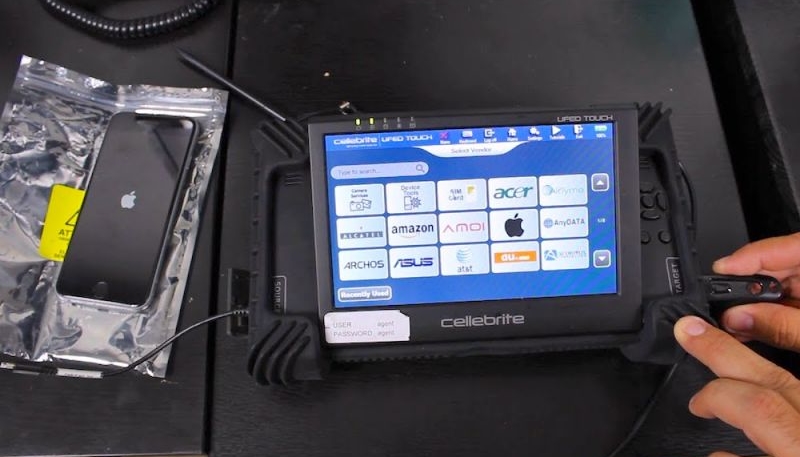Israel-based mobile forensics company Cellebrite cannot be used to unlock iPhones running iOS 17.4 or later, according to leaked documents verified by 404 Media.
The “Cellebrite iOS Support Matrix” shared by 404 Media reveals that all locked iPhones capable of running iOS 17.4 or newer cannot be unlocked, as their status is listed as “In Research,” indicating Cellebrite cannot reliably unlock these devices with their current set of tools. This means a significant portion of modern iPhones are not accessible, as Apple’s data from June shows that 77% of all iPhones and 87% of iPhones sold in the last four years are running a version of iOS 17.
The documents do show that Cellebrite did recently add unlocking support for iPhone XR and iPhone 11 handsets running iOS 17.1 to 17.3.1. iPhone 12 and later models have a status of “Coming Soon,” meaning Cellebrite is working to unlock those devices.
Another leaked document shows that Bellebrite can crack most Android devices, but not all. For example, Cellebrite cannot brute force access data on a turned-off Google Pixel 6, 7, or 8.
Cellebrite’s internal documents fly in the face of external marketing claims from the firm saying its Premium service can obtain the passcode for “nearly all of today’s mobile devices, including the latest iOS and Android versions.”
Cellebrite’s Universal Forensic Extraction Device (UFED) has become popular among law enforcement and government agencies worldwide thanks to its ability to extract data from locked mobile phones. The company first garnered wide attention in 2016, when it was believed that the company aided the FBI in breaking into the iPhone 5c used by San Bernardino mass shooter Syed Farook after Apple refused to assist the FBI with unlocking the handset.
While it turned out that the FBI did not use Cellebrite to access that particular device, several US government agencies do work on a regular basis to unlock iOS devices.
Apple continually works to improve the security of its devices and operating systems to keep ahead of firms like Cellebrite that are always in search of vulnerabilities to exploit to gain access to the data stored on locked iPhones.
Cellebrite isn’t the only firm in search of ways to gain access to Apple devices. In October 2018, it was reported that Apple shut down the vulnerabilities used by the “GrayKey” passcode hack created by Atlanta-based firm Grayshift, which had been used by U.S. law enforcement agencies to unlock iPhones.
Apple will always need to stay vigilant for security vulnerabilities like those used by Cellebrite and other companies, as The Five Eyes intelligence network has long claimed that “privacy is not an absolute,” meaning intelligence networks will continue their efforts to unlock the data stored on confiscated devices like the iPhone. Multiple governments have also attempted to force Apple and other device manufacturers to provide backdoors or bypasses for encryption to allow the access data on these devices. Unfortunately, if backdoors and ways around encryption are provided for the government’s use, bad actors will also likely find ways to use the backdoors to access data on stolen iPhones and other devices.


